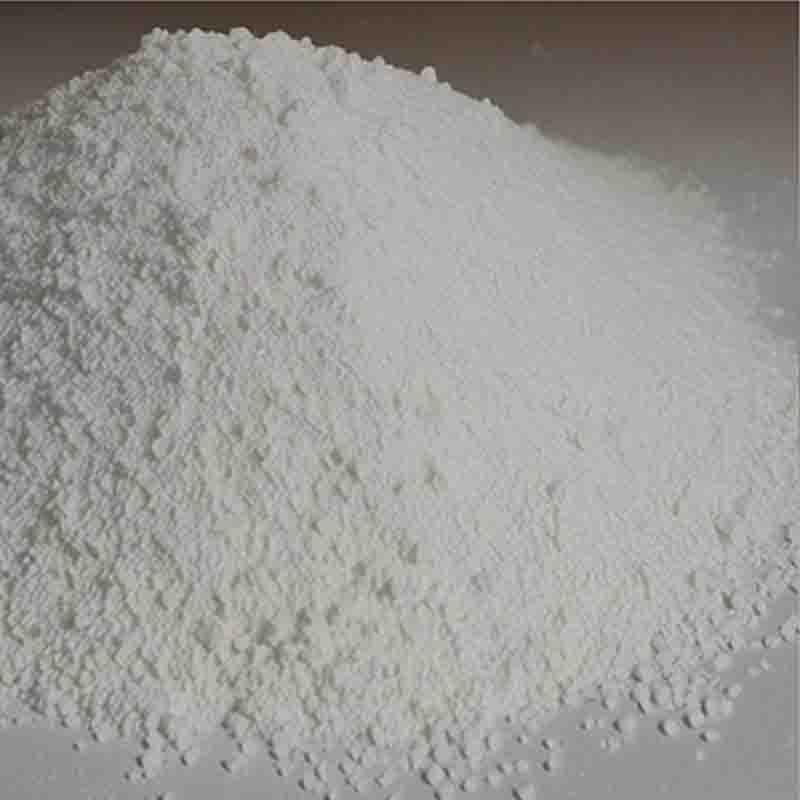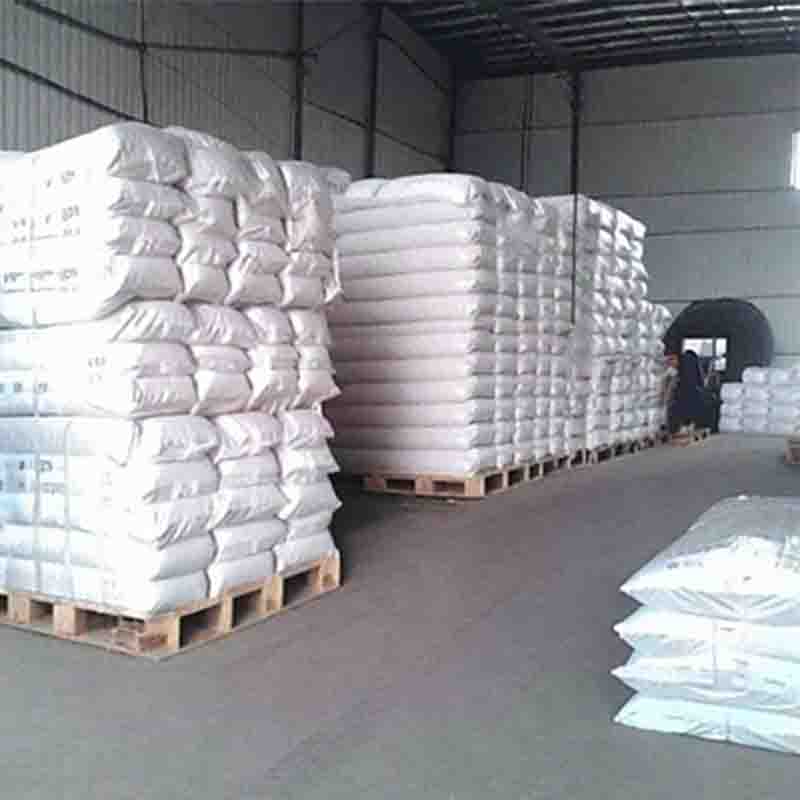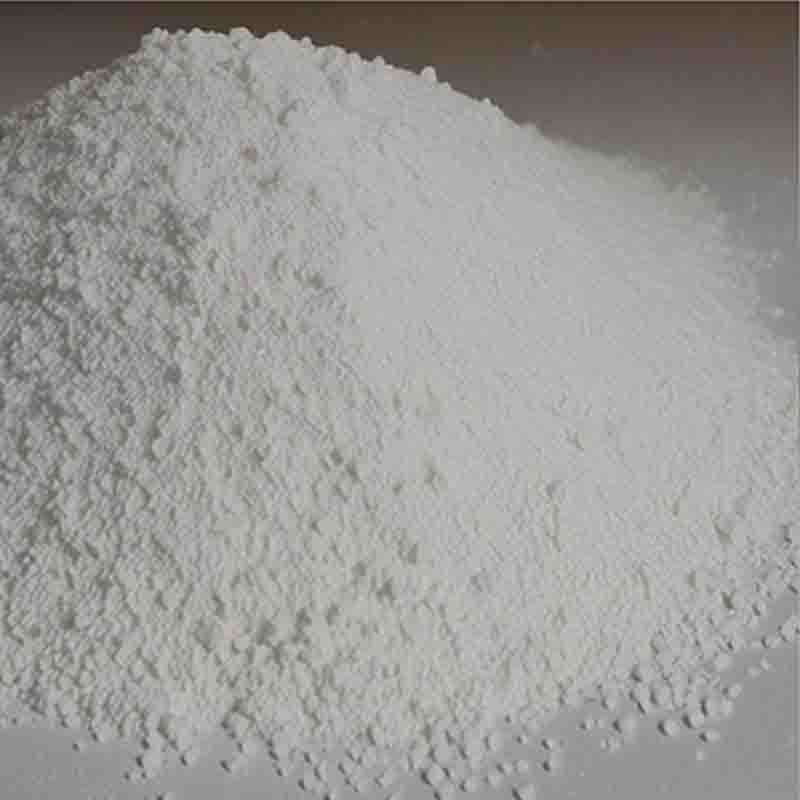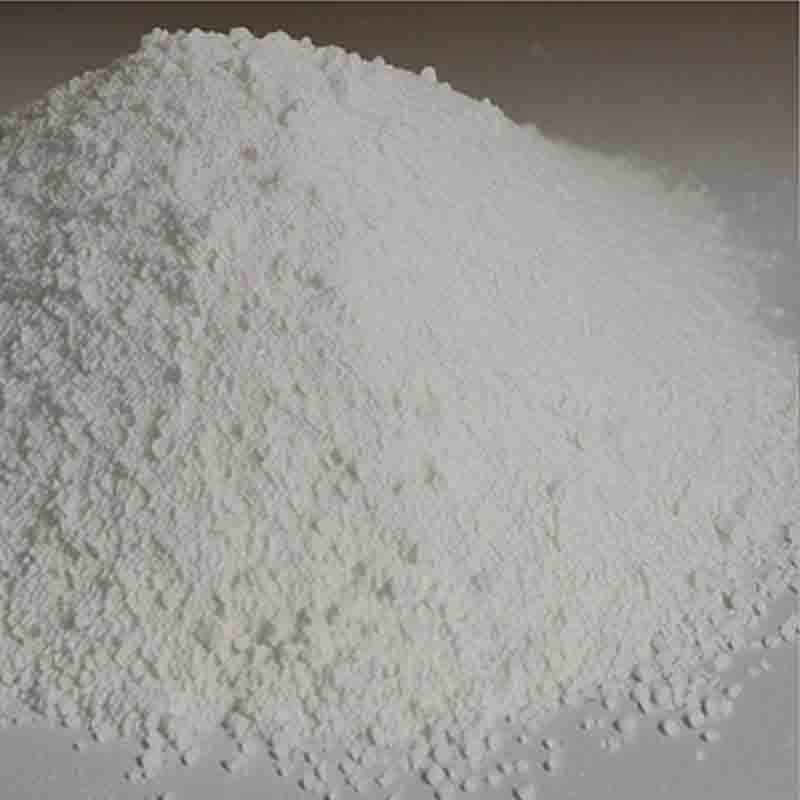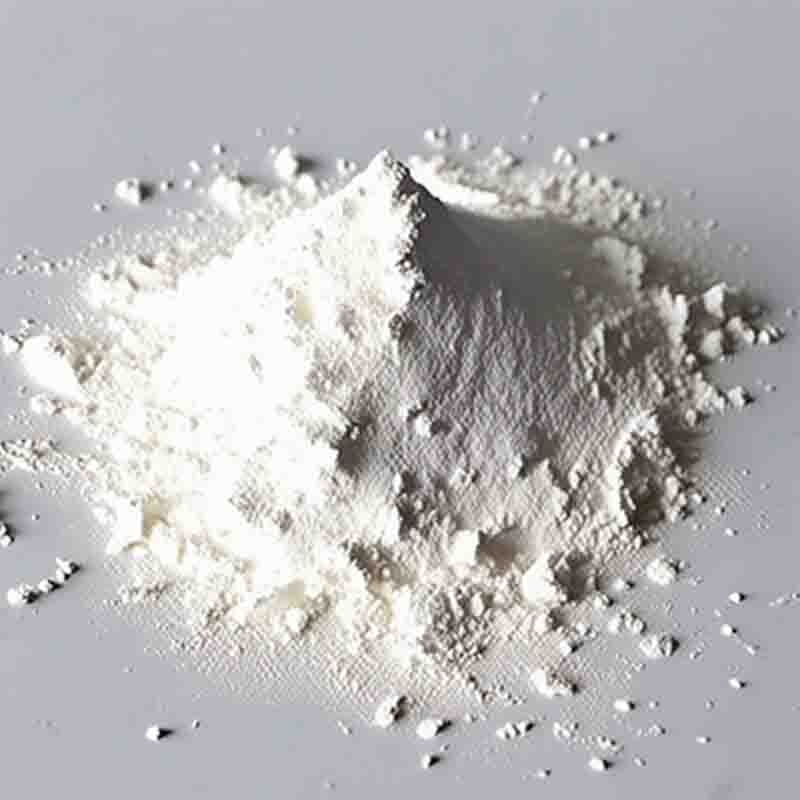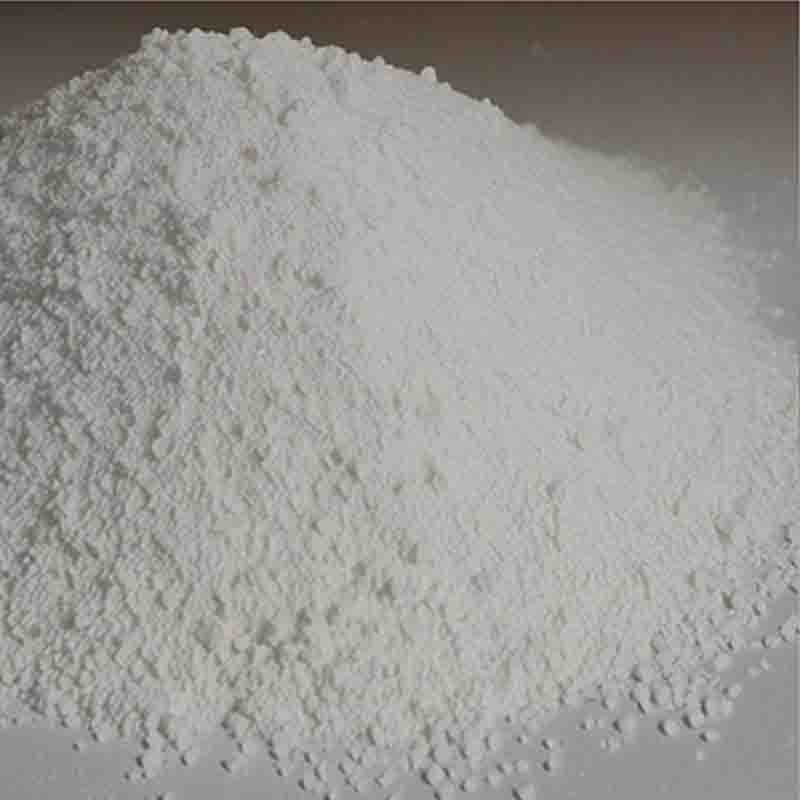Benzoylglycine CAS:495-69-2
| Catalog Number | XD95365 |
| Product Name | Benzoylglycine |
| CAS | 495-69-2 |
| Molecular Formula | C9H9NO3 |
| Molecular Weight | 179.17 |
| Storage Details | Ambient |
Product Specification
| Appearance | White powder |
| Assay | 99% min |
Benzoylglycine is a compound with diverse effects and applications in various fields, including pharmaceuticals, biochemistry, and organic synthesis. This 300-word essay will discuss its effects and uses.One of the primary effects of benzoylglycine is its role as a metabolite in the body. It is formed through the conjugation of benzoic acid with glycine in the liver, a process known as glycine conjugation. This metabolic pathway helps in the detoxification and elimination of benzoic acid, a common component of various drugs and environmental pollutants. Benzoylglycine can be excreted in urine, allowing for the elimination of potentially harmful substances from the body.In the field of pharmaceuticals, benzoylglycine can serve as a building block for the synthesis of various compounds. It possesses a reactive carboxyl group, which can participate in chemical reactions, such as amidation, esterification, or peptide bond formation. These reactions allow for the modification or incorporation of benzoylglycine into drug molecules, potentially altering their properties, such as solubility, stability, or bioavailability. Additionally, benzoylglycine can act as a prodrug, with the ability to be converted into an active pharmaceutical compound in the body through enzymatic hydrolysis. This enables targeted drug delivery and controlled release of active agents.In biochemistry, benzoylglycine is used as a substrate for enzyme assays and studies. Specifically, it is commonly utilized in the measurement of the enzyme activity of glycine N-acyltransferase (GLYAT), which catalyzes the formation of benzoylglycine. By monitoring the formation of benzoylglycine, researchers can assess the activity of GLYAT and gain insights into various physiological processes, including drug metabolism and the regulation of endogenous compounds.Furthermore, benzoylglycine has been utilized as a biomarker in biomedical research and clinical diagnostics. Elevated levels of benzoylglycine in urine or blood can indicate certain metabolic disorders, such as hyperammonemia or inborn errors of metabolism. Monitoring the levels of benzoylglycine can aid in the diagnosis, treatment, and management of these conditions, as well as provide important insights into metabolic pathways and metabolic dysregulation.In conclusion, benzoylglycine exhibits various effects and applications in different fields. It plays a crucial role as a metabolite in the body, aiding in the detoxification and elimination of benzoic acid. The compound's reactivity and versatility make it a valuable building block in pharmaceutical synthesis, potentially modifying drug properties and enabling targeted delivery. In biochemistry, benzoylglycine serves as a substrate for enzyme assays, facilitating the measurement of enzyme activity. Additionally, benzoylglycine can be used as a biomarker in biomedical research and clinical diagnostics, offering insights into metabolic disorders and processes. Overall, benzoylglycine's effects and applications make it an important compound with significant implications in various scientific and practical contexts.


